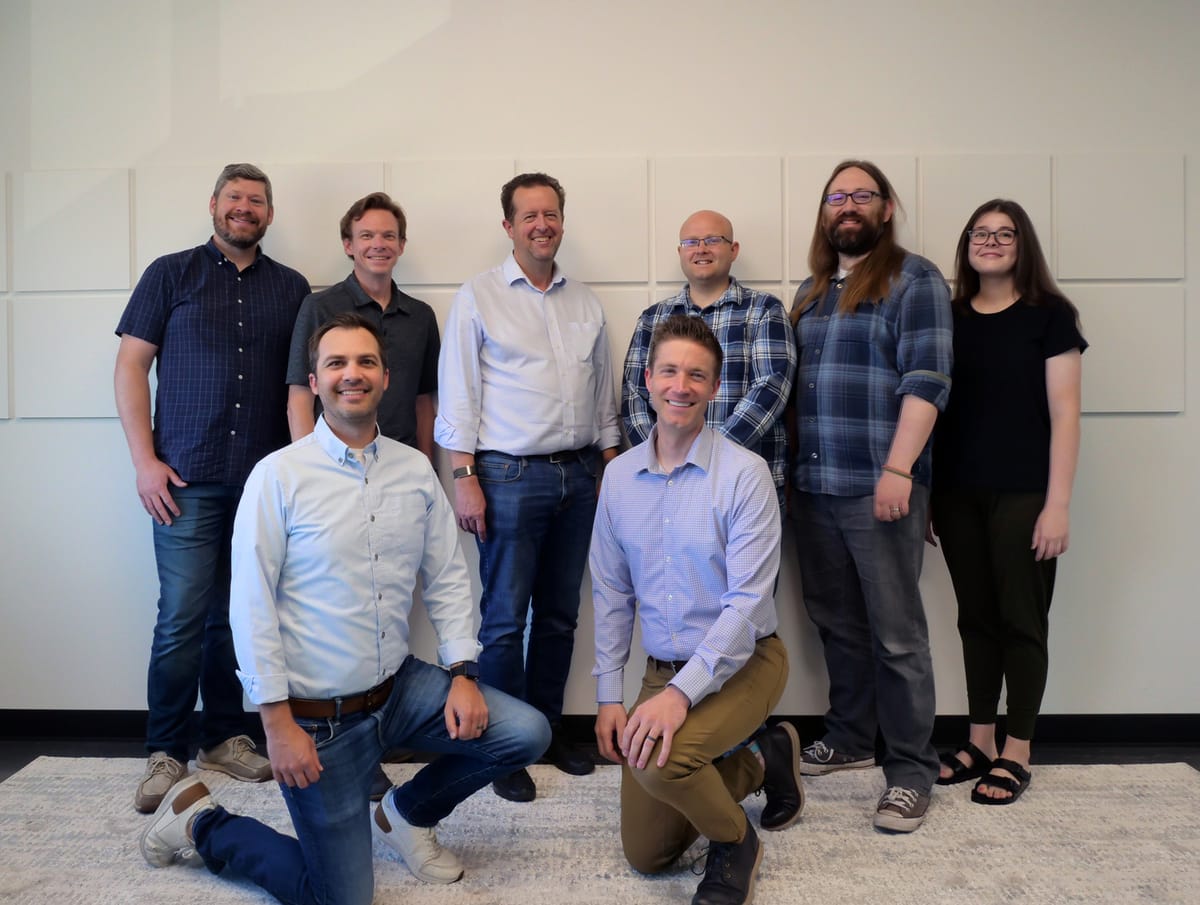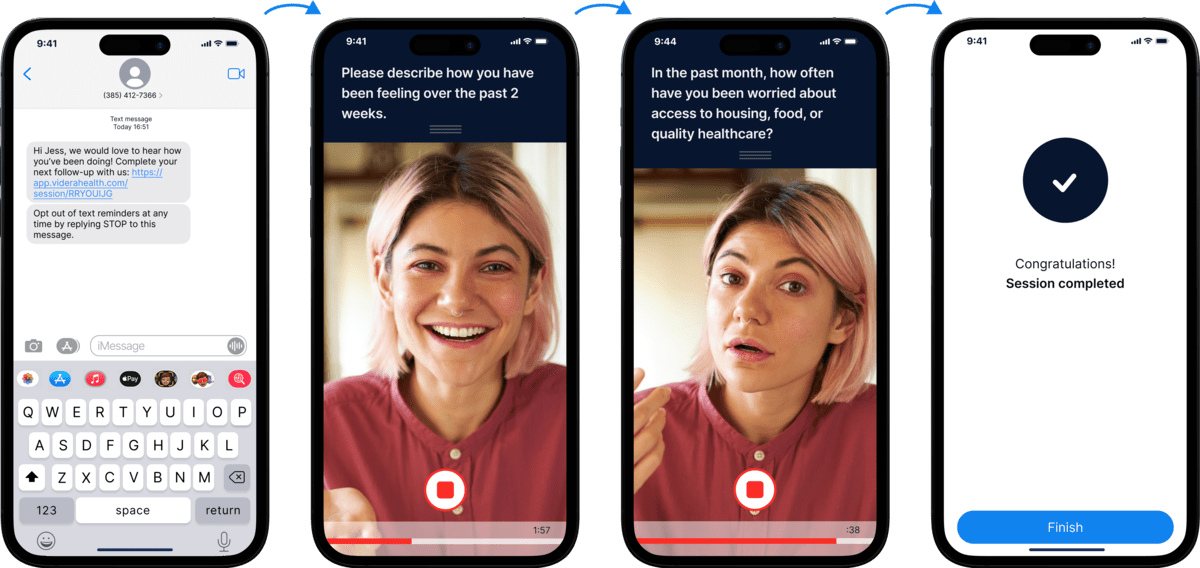

June 17, 2024, Orem, Utah
Editor's note: TechBuzz welcomes leaders in Utah's tech community to share insights about their technology solutions as applications to persistent challenges affecting the community. Today, Loren Larsen, CEO of Videra Health (Orem) discusses addiction, mental health, relapse and how AI-driven technologies can help healthcare providers detect changes in patient behavior that could indicate risk of relapse in health treatment.

High relapse rates are a persistent challenge in behavioral health treatment.
Patients who struggle with addiction or mental health conditions often experience periods of remission followed by setbacks. Up to 80% of individuals with substance use disorders will relapse at some point. This can be incredibly discouraging for both patients and providers.
At Videra Health we have observed three ways that AI can reduce relapse rates in behavioral health:
Early Detection
By analyzing a combination of video, audio, and text data in patients, AI-driven mental health assessment platforms can help providers detect subtle changes in a patient's behavior or emotional state that might indicate an increased risk of relapse. This allows for earlier intervention, which is crucial for preventing a full-blown relapse episode.

Supporting Long-Term Recovery
AI-driven mental health assessment platforms can also provide a valuable tool to support long-term recovery including:
Analytics and Reporting: Analyze relapse trends over time to understand potential triggers and adjust treatment strategies.
Decision Support: Leverage AI-powered insights to personalize treatment plans and interventions.
Continued Support: Facilitate ongoing monitoring and follow-up care to minimize relapse risk and promote sustained recovery.
The Power of Measurement-Based Care
By using objective data to track progress and identify relapse risks, AI-driven mental health assessment platforms empower providers to deliver more effective and personalized care. This data-driven approach can significantly improve patient outcomes and reduce relapse rates.
AI-powered screening and remote patient monitoring platforms offer a powerful tool in the fight against relapse. By providing early detection, comprehensive data analysis, and support for long-term recovery, these tools can significantly improve patient outcomes and empower providers to deliver exceptional behavioral healthcare. By detecting those at a higher risk of relapse, AI-powered screening can help reduce overall healthcare costs associated with addiction treatment.

Loren Larsen has over 20 years of experience in engineering, research, and leadership to the tech industry. He holds more than 25 U.S. patents. Larsen has spent the last two decades spearheading the development of cutting-edge technologies, including video relay services for the deaf and hard of hearing, gigabit ethernet, reliable high-definition video streaming, and on-demand video job interviews (at HireVue where he was CTO for nearly ten years).
Larsen's expertise also includes developing technology that can analyze human language and emotions. As the CEO and co-founder of Videra Health, Larsen has focused on ethical applications of video and AI to improve care prioritization and accessibility.
Videra Health is an AI-driven mental health assessment platform based in Orem, Utah, offering a mental health assessment tools empowering providers and healthcare organizations to proactively identify, triage, and monitor at-risk patients to close care gaps using linguistic, audio and video analysis. It is an FDA-registered digital platform that transforms how doctors and healthcare systems interact with each other and track a patient’s journey, illuminating the hidden depths of patient behavior and outcomes.
Last month Videra Health announced it raised $5.6M in Seed II funding, a round led by existing investor, Peterson Ventures, of Salt Lake City.
Mercato Partners, Epic Ventures and Philo Ventures—also headquartered in the Salt Lake City area—also participated in that round.
In November 2021, the company announced its $3 million Seed round, led by Peterson Ventures. Rose Park Advisors (based in Boston and co-founded by the late Clayton Christensen) and OATV (San Francisco) also participated in that round, as covered by TechBuzz.
The latest round of funding will help Videra Health expand its reach to help more patients and transform the way mental health conditions are screened and monitored at scale using AI video technology. The company’s ultimate goal is to close the gap in mental health care and make quality treatment accessible to everyone.

